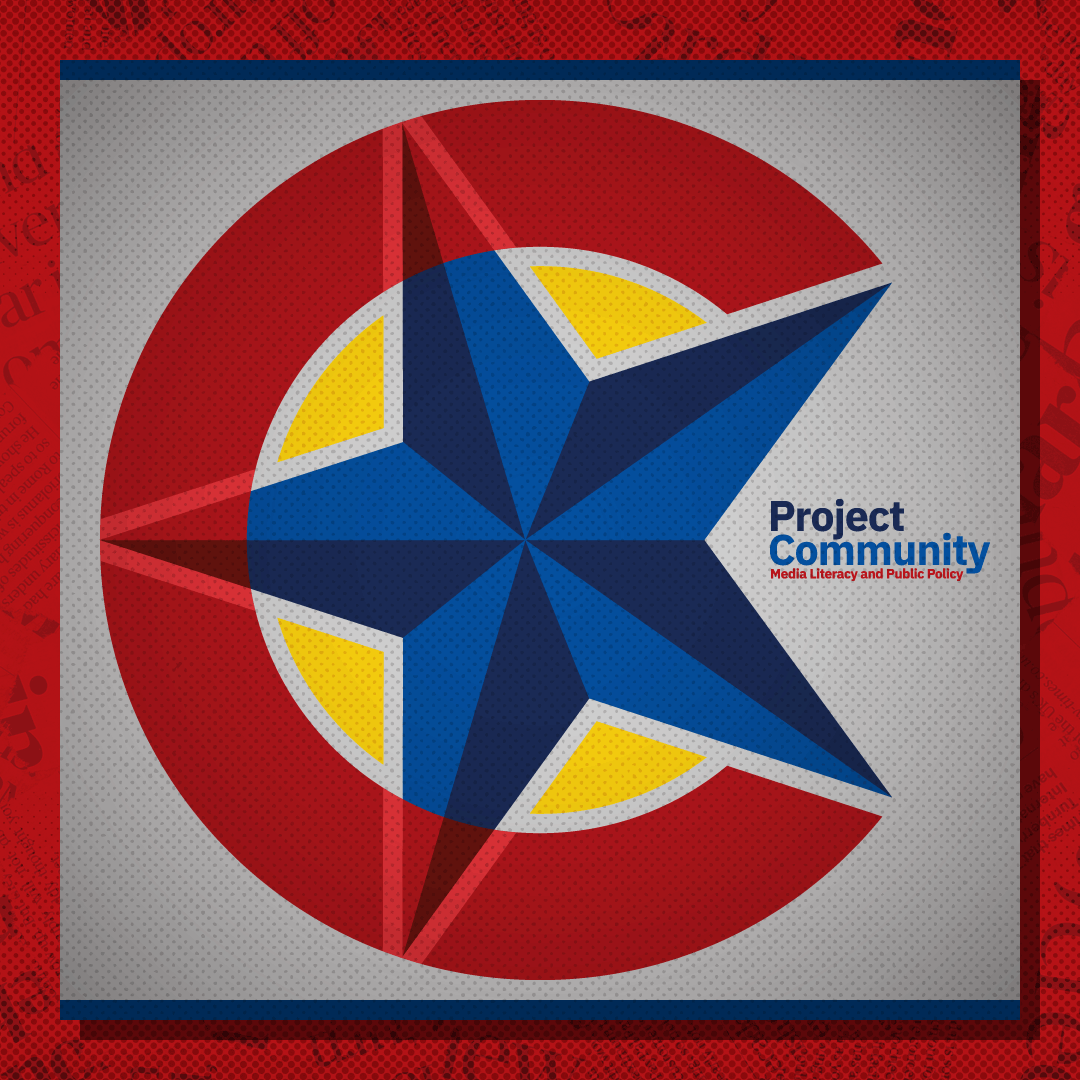
Expected Reach
Project Community: Engaging All Students in Media Literacy and Public Policy
Chapter | Project Citizen Topics | Media Literacy Moments |
|---|---|---|
1 | Do I Have the Power to Create Change in My Community? | • Does a Free Press Support Democracy? |
2 | Do We Need Public Policy? | |
3 | How Does Project Citizen Empower My Engagement in Public Policy? | • Do I Have a Role in Media Literacy? |
Step 1: Identifying Problems to Be Dealt With by Public Policy | ||
Step 2: Selecting a Problem or Problems for Your Class to Study | ||
Step 3: Gathering Information on the Problem You Will Study | • Is All Media Biased? • Can I Identify Reliable Media Sources? • Do I Play a Role in Staying Safe Online? • Do I Have to Cite My Sources? | |
Step 4: Developing a Portfolio to Present Your Research | • Can I Effectively Create and Share Information? | |
Step 5: Presenting Your Portfolio in a Simulated Public Hearing | ||
Step 6: Reflecting on Your Experience | • Am I Media Literate? | |
4 | Why Is My Participation Important to Democracy? |
Does a Free Press Support Democracy?
Do I Have a Role in Media Literacy?
Is All Media Biased?
Can I Identify Reliable Media Sources?
Do I Play a Role in Staying Safe Online?
Do I Have to Cite My Sources?
Can I Effectively Create and Share Information?
Am I Media Literate?
- Develop 8 media literacy lessons and educator support materials for grades 4–8 that can stand alone and align with the Project Citizen curricular program
- Pilot the new lessons in PD and the classroom
- Train mentor teachers and state coordinators in the new module
- Provide yearlong PD to grades 4–8 teachers working with underserved students
- Disseminate the media literacy module to Project Citizen coordinators and education leaders in every state and the District of Columbia
- Engage underserved students across the country in the Project Citizen curricular program enhanced with the media literacy module
- Facilitate each participating class of students to present their policy proposal to their school or local community






